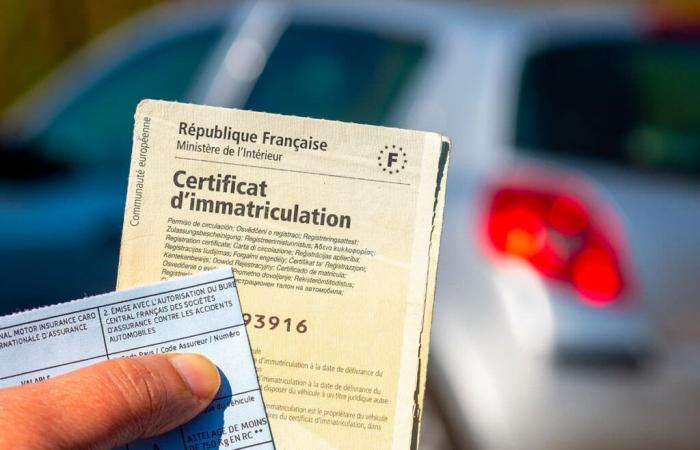Since the January 1, 2025French motorists see a major change: the price of the tax horse has increased, and that's not nothing when we're talking about the registration document. This increase, decided by the regional councils, is a financial windfall for the regions which need money for their local projects.
Four regions play the maximum card
There are four regions which did not hesitate to go all the way: they set the fiscal horse at 60 euros. The prize goes to the Normandie with an outbreak of 30,4 %passing from 46 euros has 60 euros. For a 5 HP vehicle, that’s a registration document which now costs 300 eurosinstead of 230 euros from before.
The Center-Val de Loire follows with a gentler increase in 9,1 %but also reached the ceiling of 60 euros. In the same way, the region of Great East opted for an increase in 25 %effective from February 1, 2025. And then, there is the Brittanywhich also applies an increase in 9,1 % since that date.
Regions choose to take it easy
Other regions have decided to go slowly on the increase. In Provence-Alpes-Côte d’Azur (Paca)the increase remains below eight euros with a price at 59 euros. This is a way for these regions to meet financial needs while preventing it from being too painful for drivers.
The Nouvelle-Aquitaine region is adjusting its price with an increase of 17 %which increases the price of 45 euros has 53 euros. On the other side of the globe, on the island of Reunion, since February 1, we have gone from 51 euros has 57 euros.
These increases occur in a tense economic context where each region must juggle its finances. The price of the tax horse then becomes a key tool that regional councils can adjust up to 60 euros max. This allows not only to fund their budget but also to invest in local projects.
That said, quite a few motorists and associations are sounding the alarm about the snowball effect that this can have on the total cost of a vehicle. With inflation and the general rise in transport costs, every euro counts!
This measure therefore goes well beyond a simple tax issue and raises the question of finding a happy medium between public financing and individual purchasing power.
Overall, this increase in the price of the tax horse in 2025 marks an important turning point for French regional finances and poses important questions about tax fairness and financial accessibility for all citizens. Some regions go up to the legal ceiling while others prefer not to increase the bill too much while respecting their local budgetary obligations. Motorists should monitor these changes carefully and consider their impact when making future car purchases or renewals.
A reaction? Leave a comment
Did you like this article? Subscribe to our free Newsletter for engaging articles, exclusive content and the latest news.






